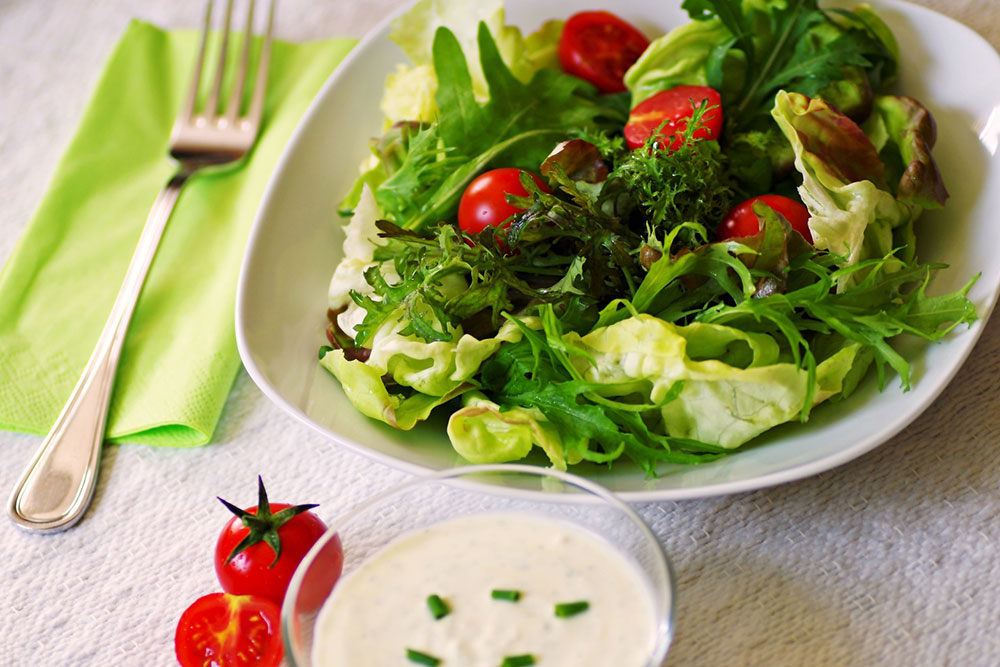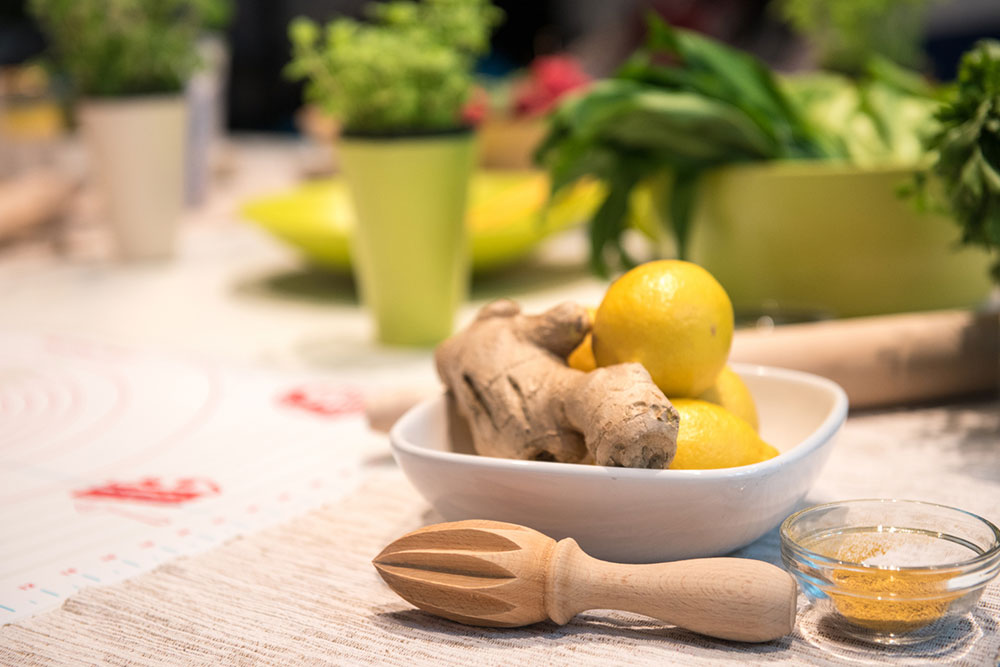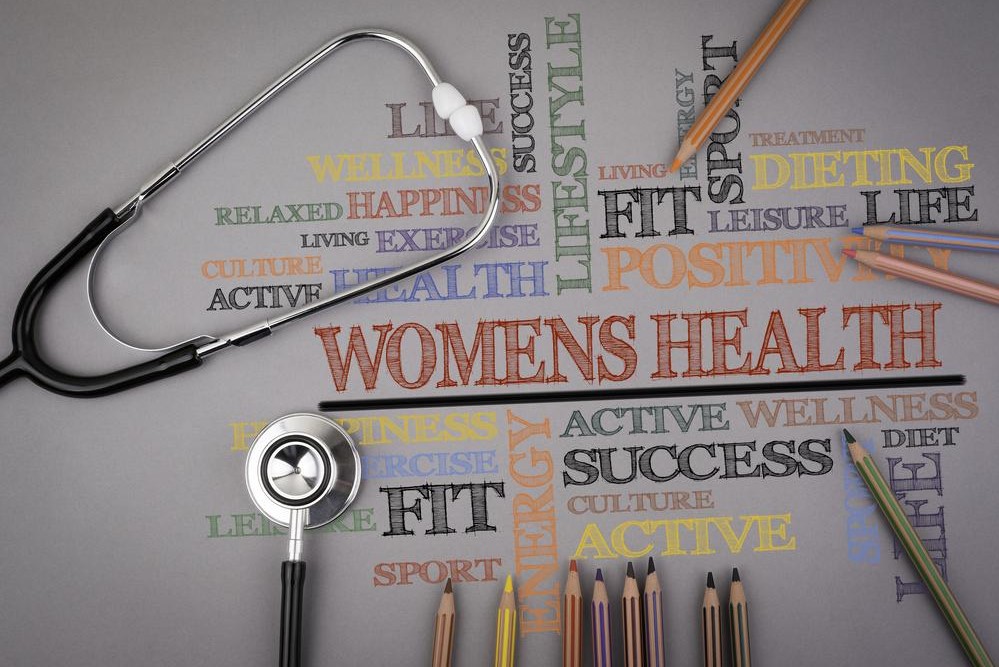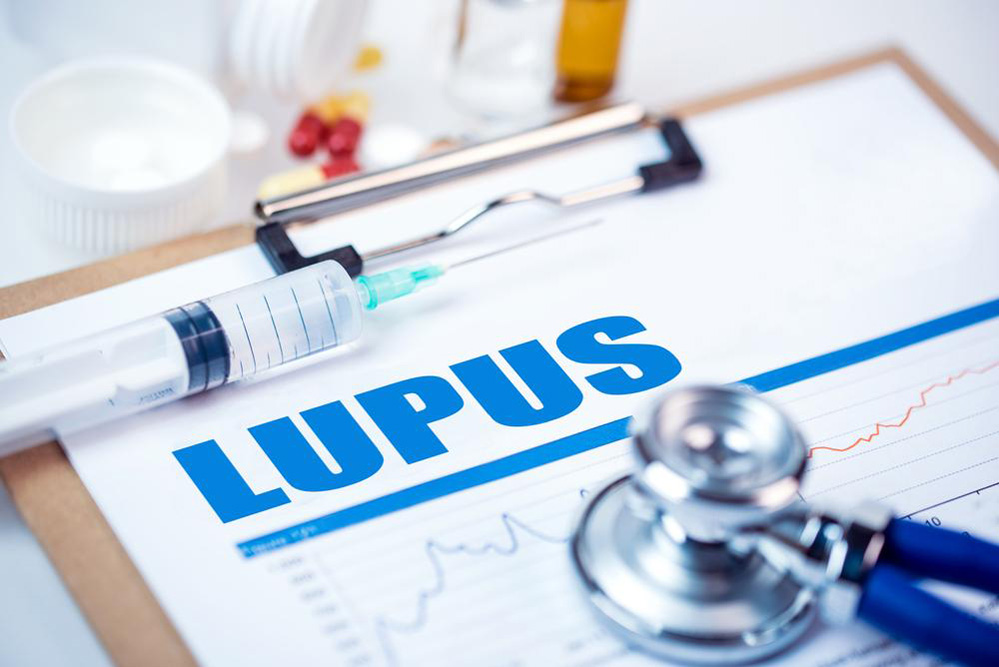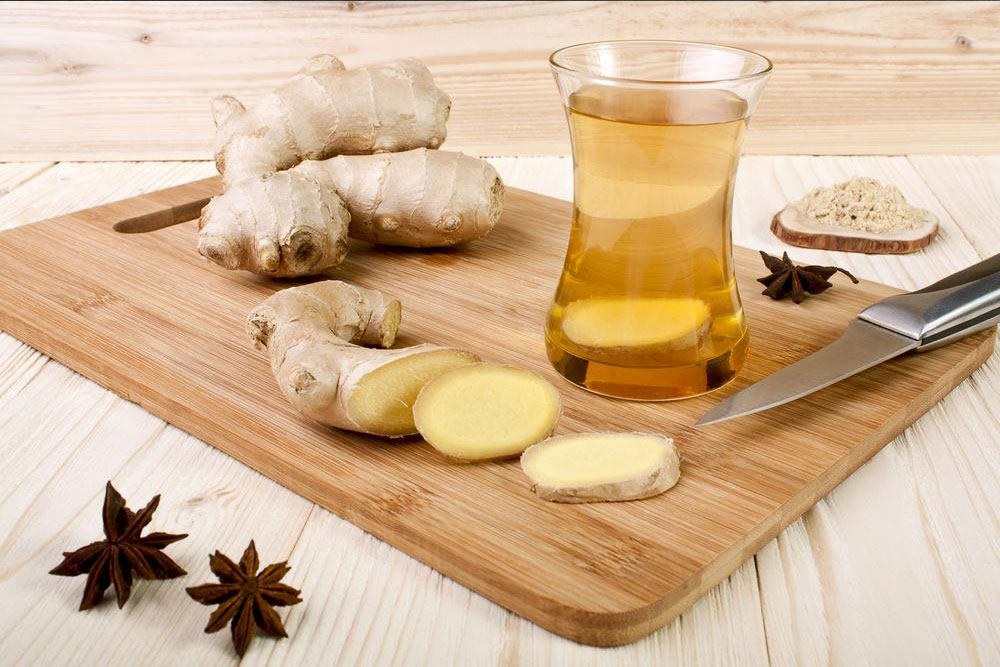Top Foods That Might Elevate Breast Cancer Risk
This article explores foods that may increase breast cancer risk, providing guidelines for prevention and management. It highlights the impact of diet choices such as alcohol, sugar, processed fats, and red meats. Emphasizing healthy habits, weight control, and mindful eating, it offers practical advice for those aiming to reduce breast cancer risk or support recovery. Understanding dietary factors is crucial for overall health and cancer prevention.
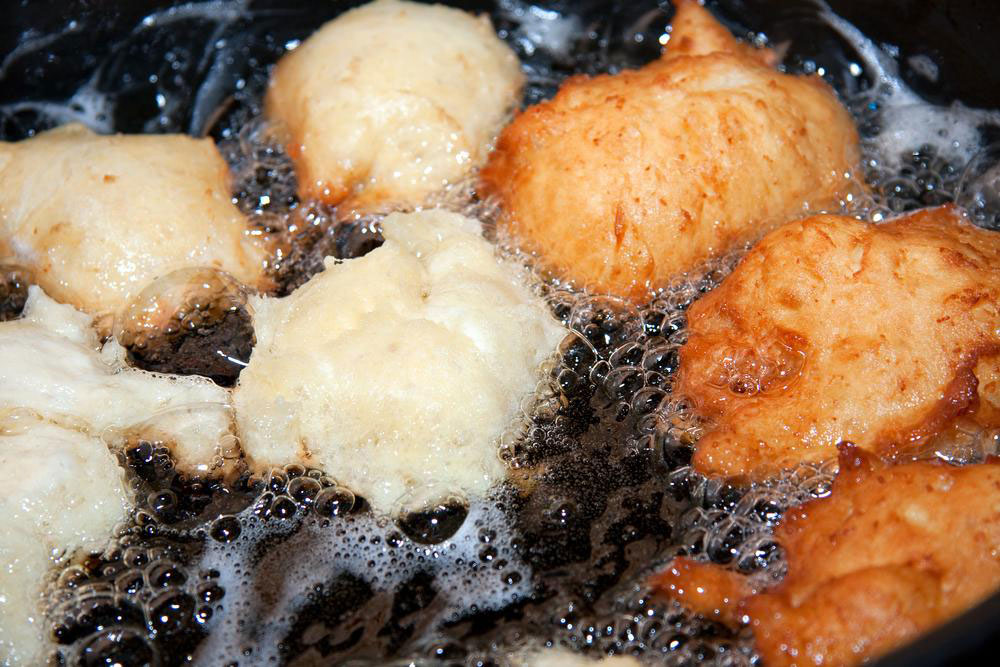
Top Foods That Might Elevate Breast Cancer Risk
While no specific food or diet guarantees the prevention or immediate onset of breast cancer, dietary habits significantly influence risk levels. Factors like family history, age, and gender are beyond control, but what you eat can be adjusted to reduce risk. If diagnosed, knowing which foods to avoid can help prevent recurrence or progression. Studies show diet factors could contribute to nearly 30-40% of all cancers.
Your nutrition impacts overall health and longevity. Research indicates that maintaining a healthy weight, exercising regularly, and selecting the right foods are vital for post-treatment recovery and relapse prevention. While there's no single magic diet, boosting intake of vegetables, whole grains, fruits, fish, and lean poultry can help. Below are foods to limit or avoid for breast cancer prevention and management.
Diet choices greatly influence health and disease risk. Ongoing research offers guidelines for breast cancer patients and survivors, emphasizing weight management, physical activity, and mindful eating. Avoiding certain foods can lower the chance of cancer progression or recurrence. Consuming more vegetables, whole grains, fresh fruits, fish, and chicken aligns with healthy habits.
Below are foods to be mindful of:
Alcohol Consumption of alcohol has been linked to higher breast cancer risks. Alcohol increases estrogen levels, which can damage DNA. Drinking three or more drinks weekly raises risk by approximately 15%.
Sugar Studies on mice indicate high-sugar diets can induce mammary tumors, akin to human breast cancers.
Fats Not all fats are harmful, but processed, trans-fat-laden foods like fried snacks, baked goods, and pastries should be avoided as they may elevate risk.
Red Meat Some research connects frequent red or processed meat consumption to increased breast cancer risk. These meats often contain harmful preservatives, high sodium, and fats.
Dairy During treatment, reducing intake of butter, cream, and whole milk may be advisable to support health.
Sugary Treats Sweets such as candies, cakes, and sodas can lead to weight gain and hinder a nutritious diet.
Undercooked Foods For those undergoing treatment, it's important to avoid raw or undercooked foods like shellfish and sushi to prevent infections, as immune defenses are compromised. Proper cooking of poultry, seafood, and meats is essential.

